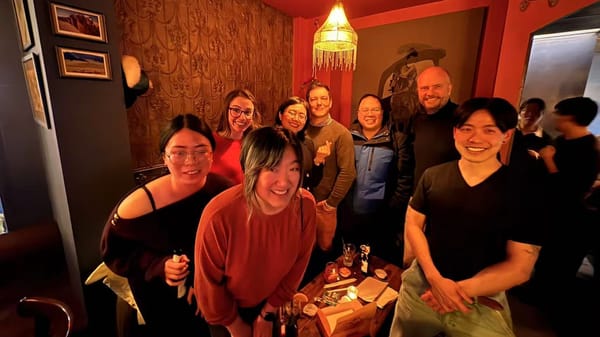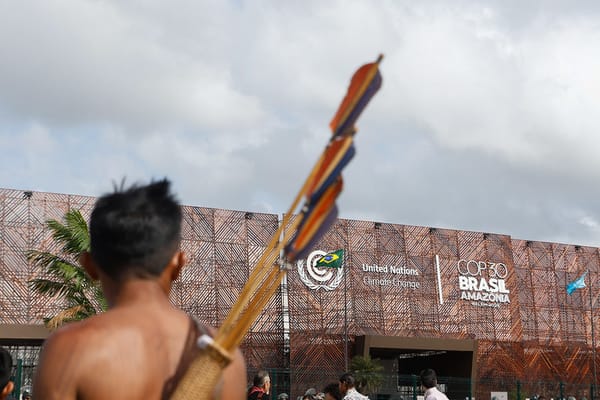10.07 | a week of wine o'clock
I took a trip to China's wine country, Ningxia. Here's what I found out about this new wine region upstart.
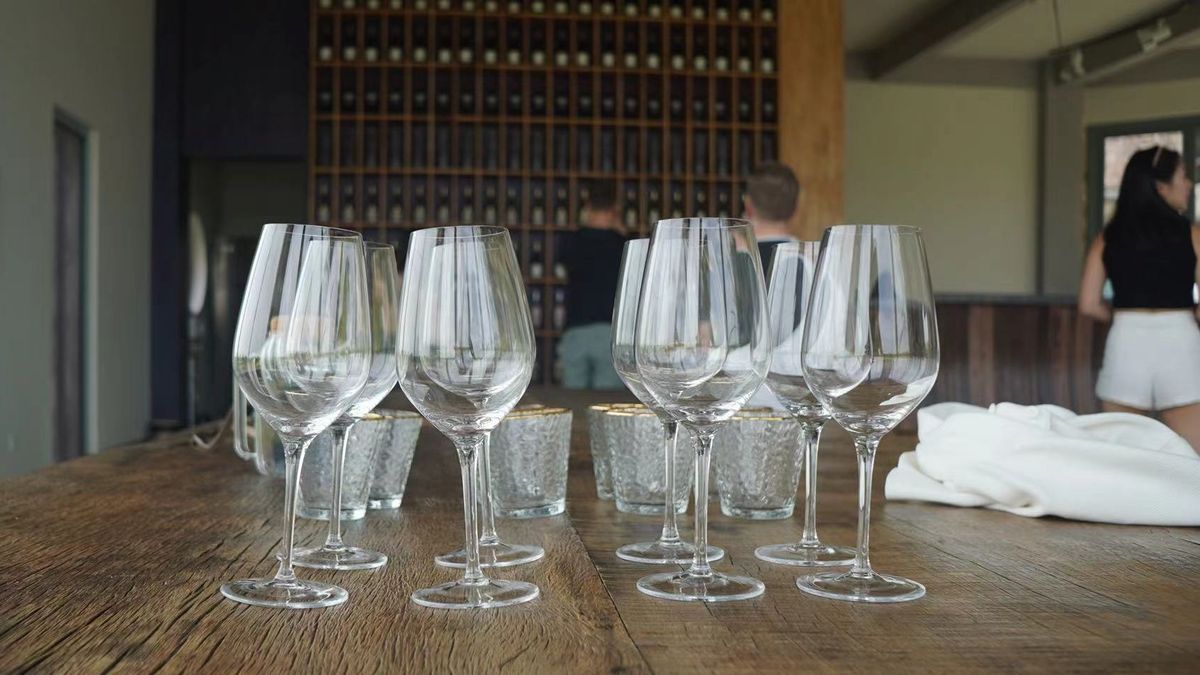
Young man, two are the forces most precious to mankind. The first is Demeter, the Goddess. She is the Earth -- or any name you wish to call her -- and she sustains humanity with solid food. Next came Dionysus, the son of the virgin, bringing the counterpart to bread: wine and the blessings of life's flowing juices. His blood, the blood of the grape, lightens the burden of our mortal misery. Though himself a God, it is his blood we pour out to offer thanks to the Gods. And through him, we are blessed.
– Euripedes
✉️ letter #10
Hello a day late from the tail end of the Chinese National holiday! Since October 1, we've been "off work" to celebrate what's essentially China's version of America's July 4th, but they stretch it out to a full week off. Kind of annoyingly, they do this while ensuring a certain amount of work hours are still made by "substituting" weekend days for workdays. This means that I will have to go to the office on Saturday, get one measly Sunday off before our schedule becomes the normal five-day work week again.
But whatever! I was glad to take the chance to spend time in a region I'd never been before: Ningxia (宁夏). Located between Gansu, Shaanxi and Inner Mongolia, the province was constituted as an autonomous region for the Hui people, one of China's main Muslim minorities. Kind of surprisingly considering that religion's general aversion to alcohol, Ningxia has also become one of China's main wine production regions.
I ended up hitting up six separate wineries (as well as some crazy tourist sites), and I think I'll be attempting to do a video about it! But since who knows when that'll come out, I'll commemorate the trip now by throwing down some fun Ningxia wine facts:
1) The very first winery in China was founded all the way back in 1892 by an overseas Hakka Chinese diplomat named Zhang Bishi (Cheong Fatt Tze). The Changyu winery still exists today, with most of its operations in Shandong Province, and seems to really enjoy selling itself by dumping faux-European castles in the middle of Chinese farmland. In the Ningxia region, it's partnered with the Austrian Moser winemaking family to create a more premium product... and yes, they have a fun faux-European castle for you to visit there.
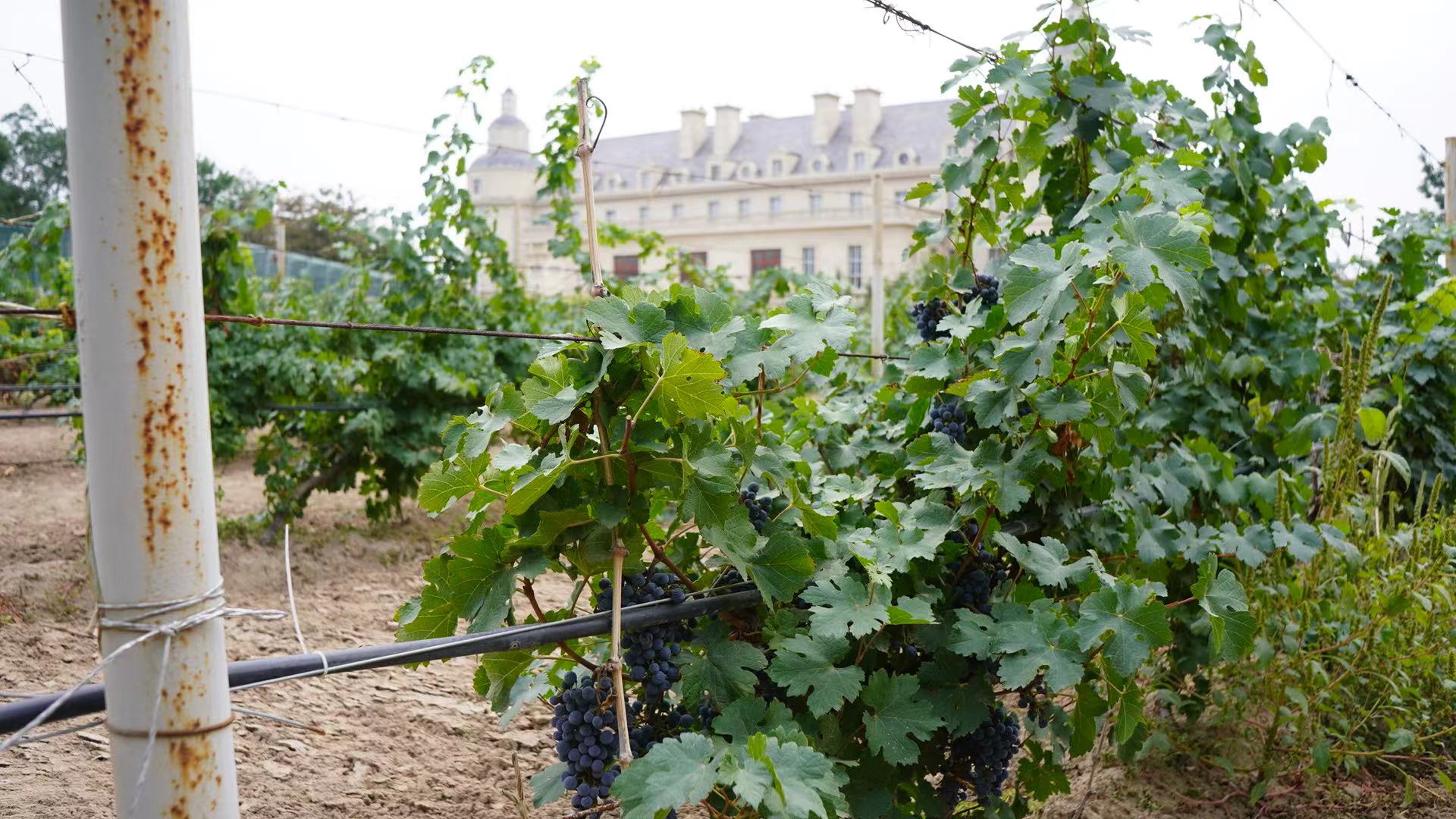
2) Wine development in Ningxia seems to have gotten it's real start in the late-2000s, with most of the best "oldest" wineries of the region establishing themselves at that time. In 2011, it burst onto the world stage when the previous unheard of Helan Qingxue Winery took home several medals at the Decanter Worldwide Wine Awards. Ningxia wines have been pulling surprise wins since then - including by people who would otherwise be considered amateurs.
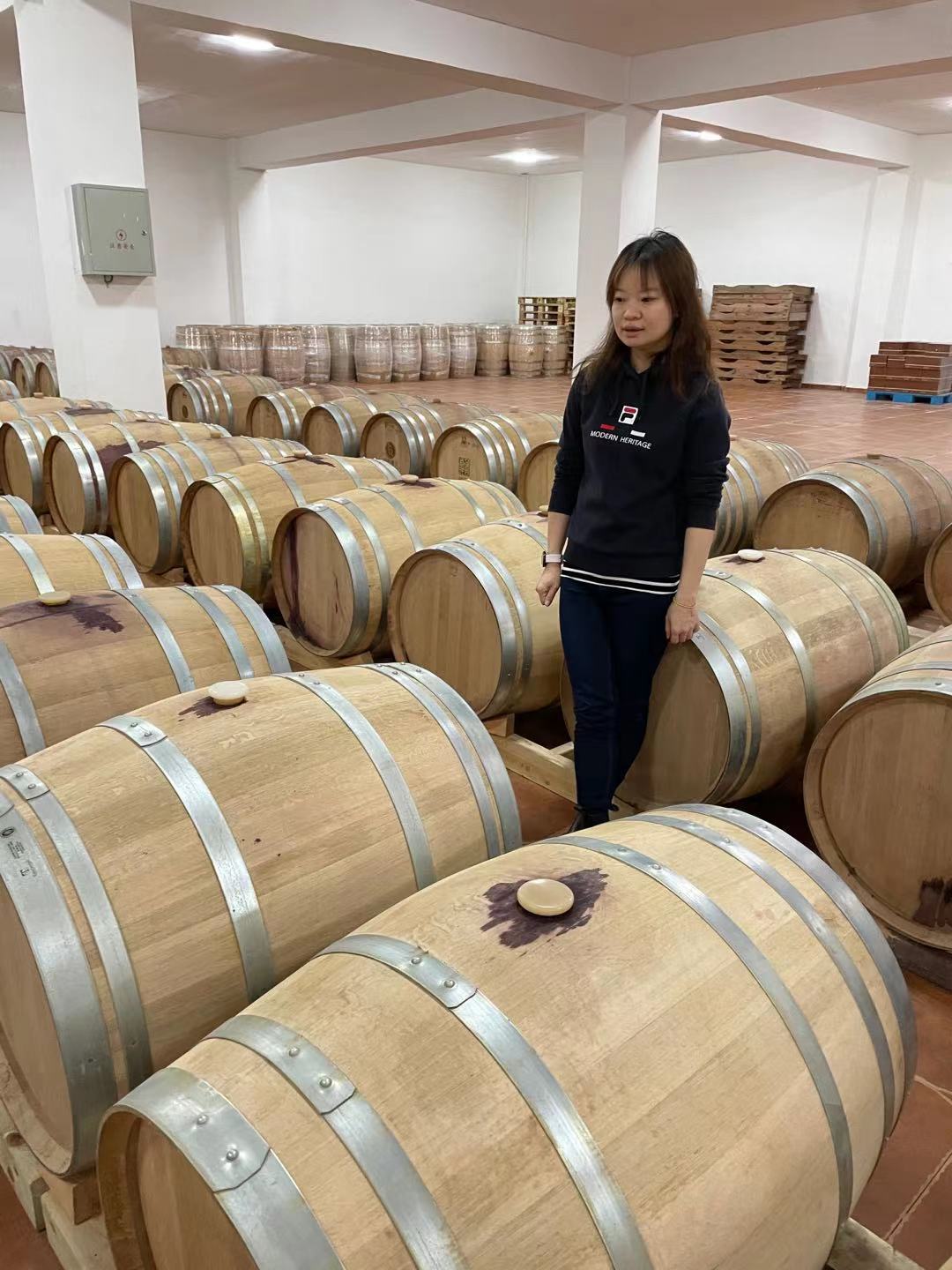
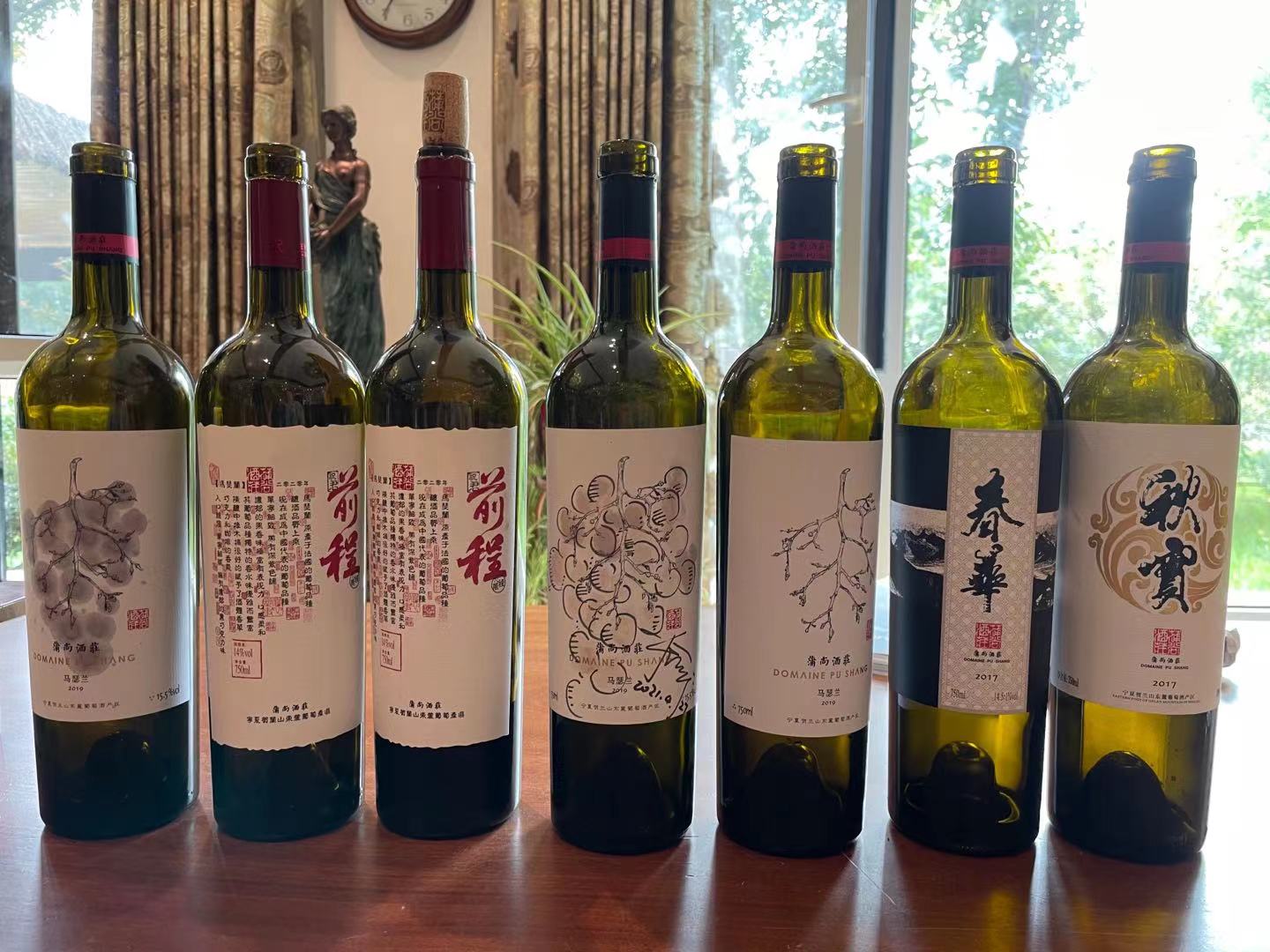
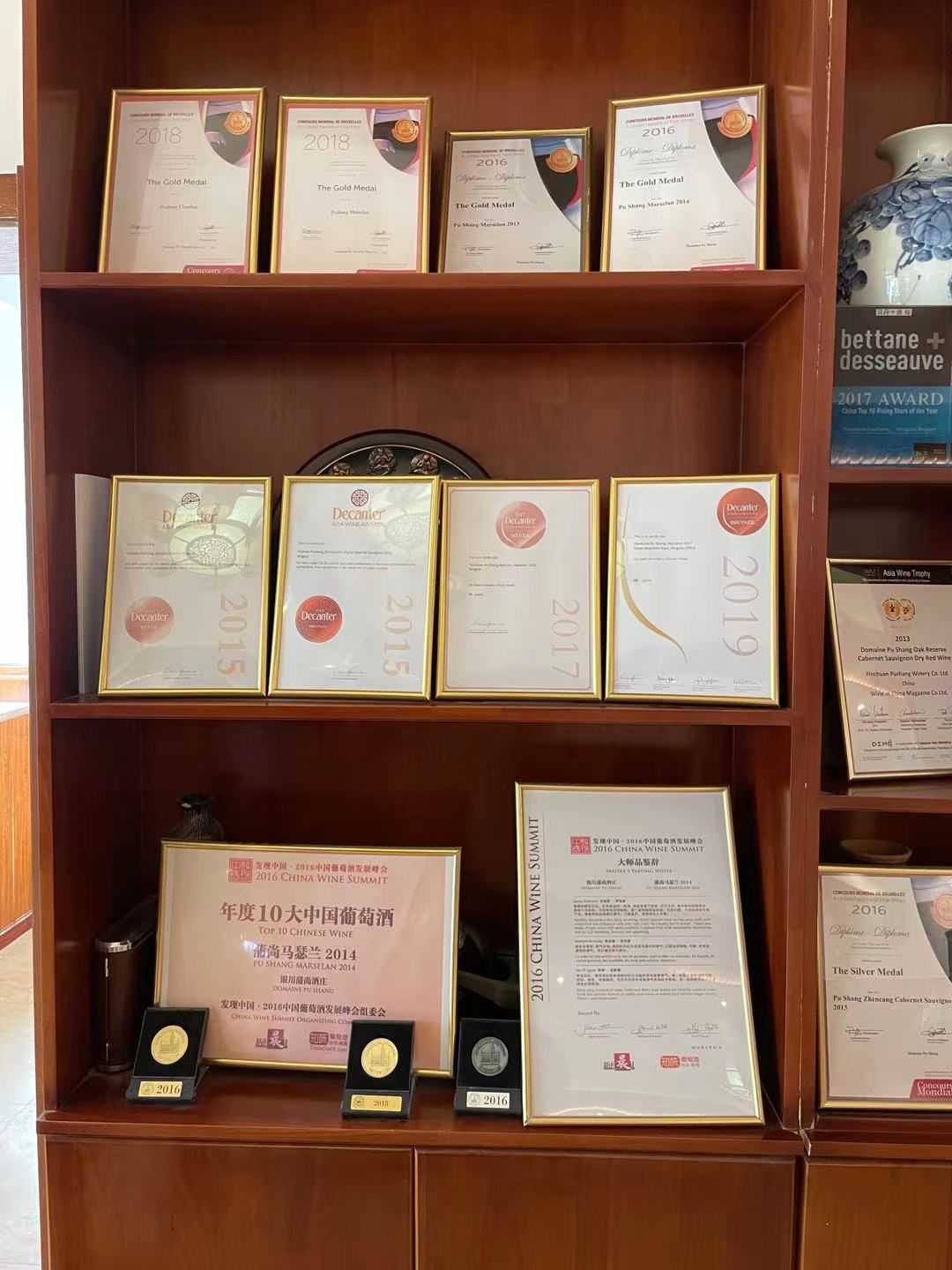
One of the last wineries I got to visit was Pu Shang, a tiny 50k bottles-a-year operation, whose chief winemaker didn't even drink wine when she started cultivating the land 12 years ago, but whose Cabernet Sauvignon & Marselan blends have medaled at global awards shows.
3) Speaking of Marselan. If you've never heard of that grape variety before, it's because that it's grown almost only in China. A cross between a Grenache and a Cab-Sauv, it apparently was found to be disease prone and hard to cultivate in its homecountry France. But it's proved surprisingly well-suited to Ningxia's terroir and many of China's winemakers have been experimenting with it to try to make it, specifically, China's key grape.
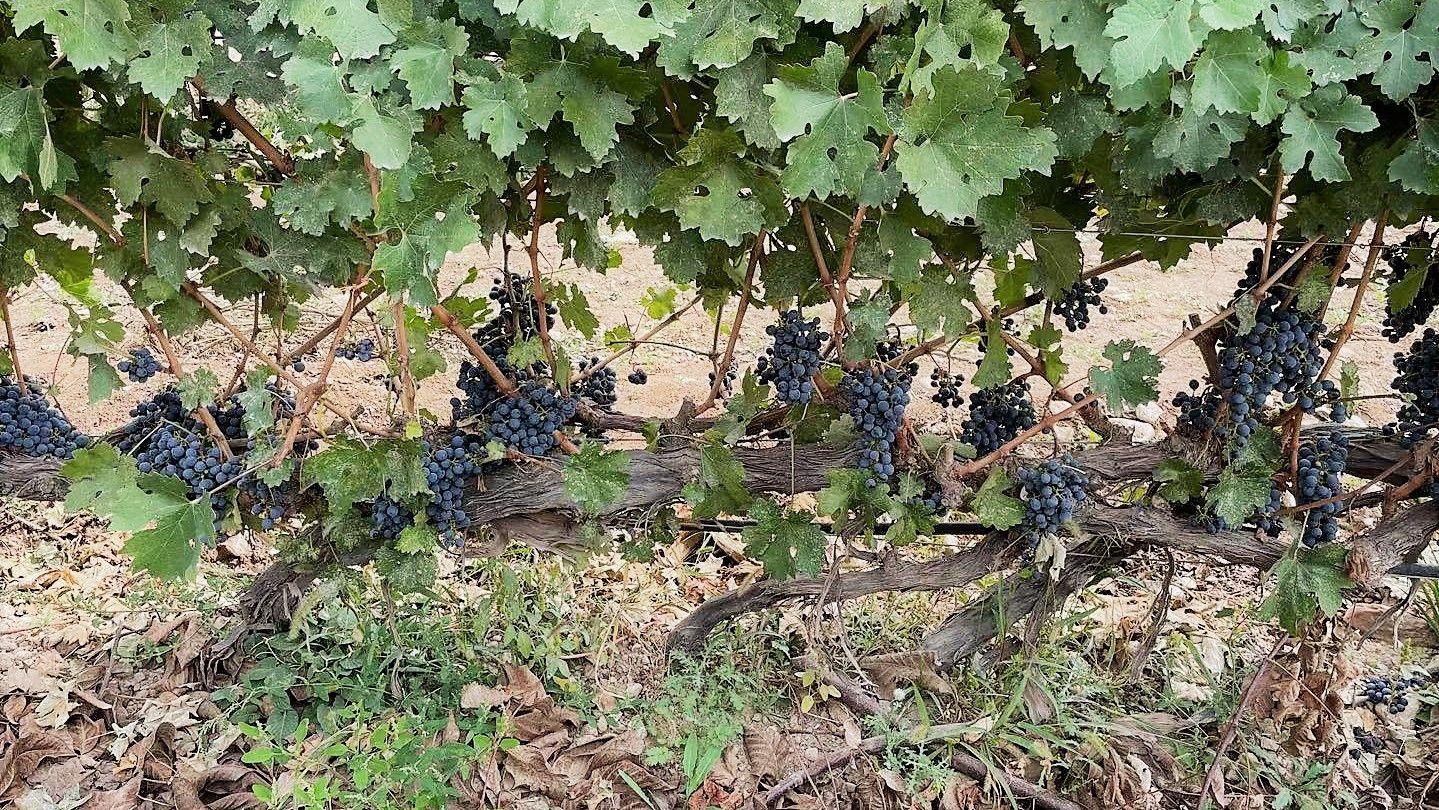
4) They grow their vines sideways. The winters are apparently much harsher and windier in wine growing country China than in its European counterparts and the vines are at risk of drying completely out once the harvest season is over. So to keep them safe, vineyard managers need to bury them in mud and then unbury them again once Spring comes. Putting them at a 45-degree angle makes it easier to do that.
Apparently it's a pretty labor-intensive and costly endeavor - one winemaker mentioned that if someone could find a better way to deal with the Winds of Xibei, that could lower the cost of producing wines in the region by almost a third.
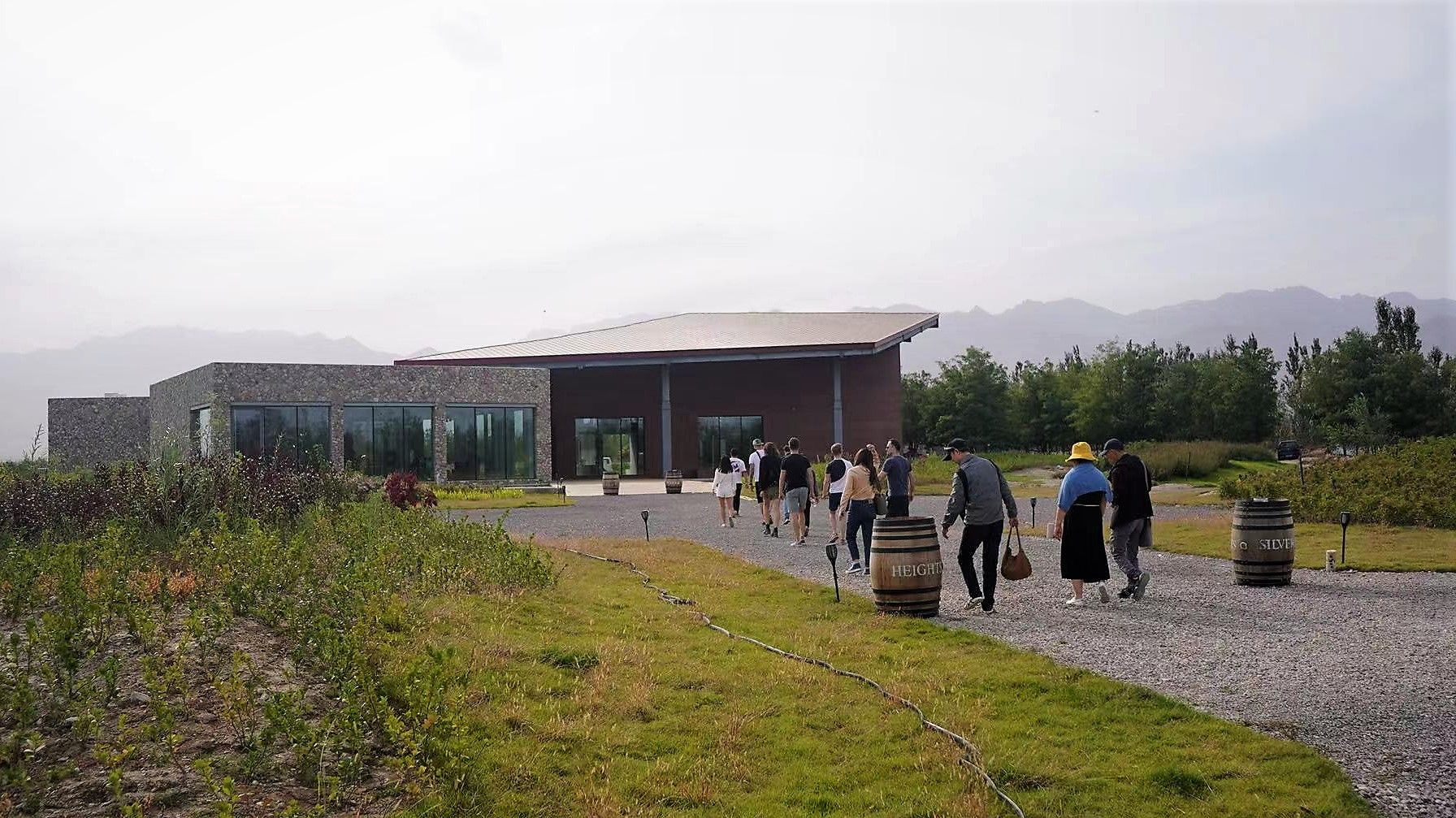
While the wines are getting known in the world, Ningxia is still somewhat naifish regarding wine tourism. A lot of the trip was planned through emails and calls and getting WeChat contacts through someone else we knew who'd just been there. But that added to the appeal of the whole endeavor. I'm excited to go back again another day and see what else is on offer.
🌱 the ethical ideas newsreel
- Who started the talk on Climate Change? A 27-year-old Japanese physicist who went to work in the US Weather Service after World War II. The Conversation has a fantastic piece on Syukuro Manabe and the influential study that first proved carbon dioxide was heating up the atmosphere.
- Meanwhile, Carbon Brief has rounded up a big list of experts to talk about the term "climate justice" - the way global warming impacts people around the world differently and how to address the problem in a more inclusive, equitable manner. It's worth a look through if you've only seen the term but never grappled with it.
- I'm on vacation so I'm keeping this newsreel a little shorter. Look at this chonky boi. 480 Otis was crowned as Alaska's fattest bear during the state's Fat Bear Week contest. Now tell me that this news doesn't just put a smile on your face.

🎵 song of my week
This is a delicious and easily digestible banger, much like edamame itself.
✨enjoying: one final piece of pop culture fun
Over the summer, I got really into Genshin Impact. Initially, I'd downloaded the mobile RPG for "research" purposes - it's made by a Shanghai-based gaming company and so I figured I should know what it's all about...
But wow! I really liked it. I liked that one of the two main civilizations you start with is based so much on Chinese culture - they really nailed how much of Chinese history seems to love bureaucracy ("we're a nation of contracts!"). The other civilization is based on North Europe, which is more typical, but also probably easier to understand off the bat before you journey into more Eastern lands.
While I'm not sure how those two distinct cultures would have developed just across a river from each other, it's fun to see a fully realized Chinese fantasy world that's been made incredibly accessible to any international audience.
And it has resonated. In just this year (it's first year), the game has made over $1 billion just from global mobile users alone. It might be the one completely new IP that's been able to reach those heights.
I have thus far refused to pay for anything, but that hasn't really hurt my experience of the game. It's decently well-written, the characters (which you mostly win through gacha mechanics) are strong, the music is incredible, and the graphics are on par with what we used to play on consoles just a decade ago.
Maybe I set my expectations too low, but I gotta admit - I'm amazed that China's been able to create something that looks and plays so good.
Did you enjoy it too?
Stalk me on Social Media

